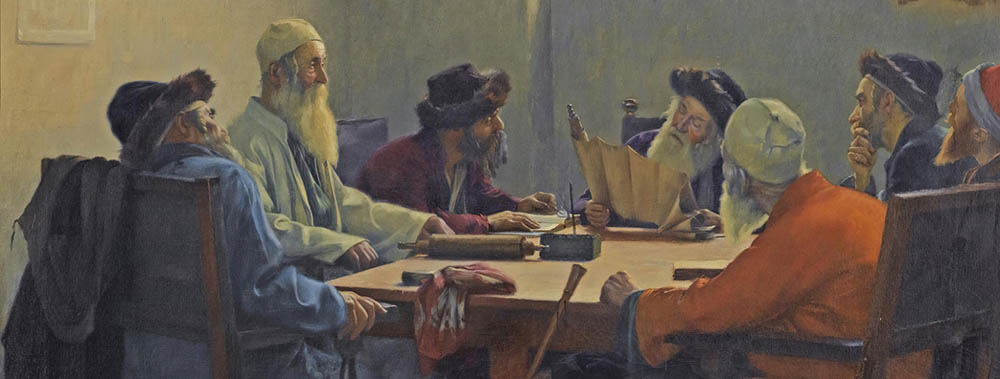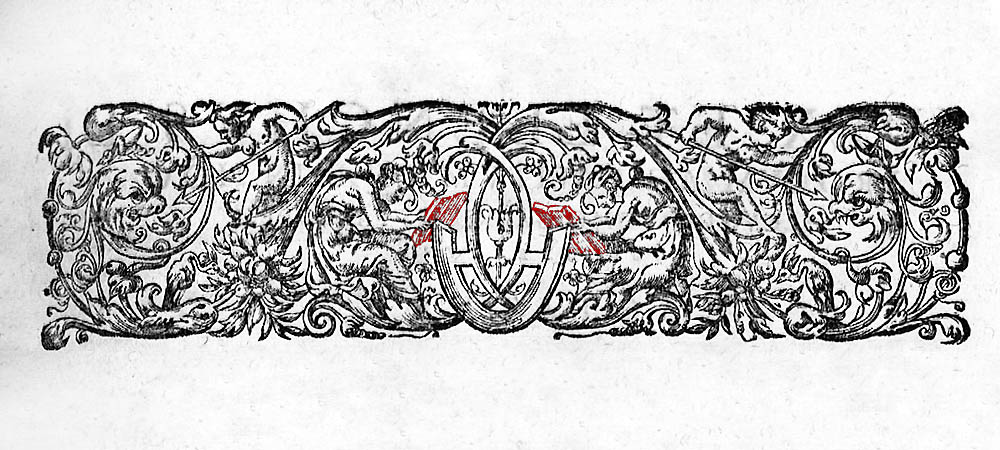Reading for Wisdom
Wisdom is the principal thing; therefore get wisdom:
and with all thy getting get understanding.
—Proverbs 4:7
Ancient cultures had a special wisdom literature, such as Proverbs or Ecclesiastes in the Bible, a literature which gives direct, sage counsel. To a great extent, however, all of ancient and medieval literature counts as wisdom literature. The authors frequently understood themselves to be passing on wisdom to their readers whether they wrote poetry or philosophical dialogues, and readers sought out literature as a principal means of becoming wise. Certainly, the joy of a story beautifully told or the delight in syllables ingeniously intertwined played a role as well, but these things were secondary to the aims of masters like Pindar or Plato. Contemporary education has lost this pursuit of wisdom through reading, and when schools read someone like Homer at all, he frequently becomes mere history or fiction.
Wisdom involves two elements: (i) gaining insight into the way of things, that is, the objective structure of reality or what the Greeks would call the Logos, and (ii) learning to shape our lives in conformity with this objective order.
Our ancestors understood that we inhabit a universe with real patterns and laws that all work together to form a whole, an order which could be discovered by the observant but never invented. In our own culture, we have limited this discoverable order to the purely mechanical operations of physical science, but our ancestors understood that life and morality, beauty and spirit occupy the same universe as rocks, rivers, and sky, and that all alike are subject to a pattern. In his masterpiece, The Abolition of Man, C.S. Lewis describes the way that ancient cultures the world over all noticed this way of things and sought to inculcate it through their literature. Borrowing a term from Chinese philosophy, Lewis calls this way of things the Tao, usually translated simply as “the Way.”
We can see an example of this expressed in the fourth commandment: “Honour thy father and thy mother: that thy days may be long upon the land which the LORD thy God giveth thee.” Because it was created by God, the universe works in such a way that when children honor their parents, it goes well with them. This pattern in the fabric of the world is so obvious that nearly all cultures have recognized it. Our own culture may scoff, but we can no more change this pattern than we can change the law of gravity.

Many parents in the world of classical education are anxious that their children pull all the facts from the literature they read. We may call this “reading for knowledge” rather than “reading for wisdom,” and we should recognize right away that reading for knowledge is not a bad thing. We dutifully have our children read Caesar and part of the use of this is that they learn certain facts of history: how the Roman army, the Senate, and the government of the provinces functioned, for example. They read all this in Latin, and we are right to drill the knowledge of vocabulary, case, mood, and tense. Facts like these, along with names and dates, are the kind of thing one can put on flash cards—and you had better have those flash cards. Classical education spends a great deal of time and energy on reading for knowledge like this because we hope that our children will accumulate a central stock of shared facts, and without this stock they will not have the keys to unlock that great treasury of wisdom which is the Western canon.
If we teach our children only how to read for knowledge, however, we will justly receive the complaint that the work is boring and there is no point. (They’ll complain anyway, but we can do something about the justice of it.) This means that as our students read we must walk with them through the text, helping them to see the world beyond it, identifying moments of insight into the laws of virtue, the patterns of good and bad relationships, the structures of temptation, or the ways that cities and peoples come to ruin. We can find this wisdom in any text of the Western canon, even when we read fiction or poetry—even (perhaps most of all) when we read faery tales.
We may contrast reading for wisdom with everything that is taught in many progressive schools. There, the objective of most discussions is to achieve something called “critical thinking” about what the students have just read (when they read at all). By telling his students to think critically about a piece of writing, the typical teacher in this kind of institution means that they should identify any bits of evidence in the text—real or imagined—for historical oppression along the axes of gender, race, or class, although this list now extends to an ever-growing set of grievance categories.
If the teacher has a slightly more philosophical bent, the instruction to think critically will focus on the “deconstruction” of the students’ worldview, especially where he finds elements of that worldview at all traditional, and most especially if the tradition is Christianity.1 (Of course, the teacher never thinks about deconstructing his own social context that made deconstructionism so fashionable.) Students must read the text simply hunting for points where the text either reflects or challenges the worldview of the students—bonus points if it’s the worldview of your neighbors because then you’ll be able to add a sneer or a snort. If the point in the text reflects, the students are invited to critique the author. If it challenges, the students are invited to a smug admiration of so forward-looking a thinker.
What students are never taught to ask is whether anything they read is wise. As we read for wisdom, there may well be something like the deconstruction which the progressives so admire, but the point is never deconstruction for deconstruction’s sake. Virgil may have a profound insight into the real nature of things, into what it means, for instance, to have a call placed upon one’s life and to labor long without seeing the fruit of that call. This insight, because it is true, because it reflects something about the way of things, breaks into our petty self-contentment and exposes to us a bigger, deadlier, though more beautiful world, a world which was there all along, although we needed a Virgil to teach us how to see this side of it.
Such would be the authors of the “Green Book” in the first essay of the Abolition of Man. What the French post-structuralists taught the English speakers to call “deconstruction” in the Sixties and Seventies is what Lewis there calls “seeing through” or “debunking.”↩︎
